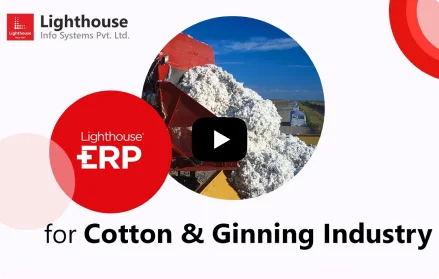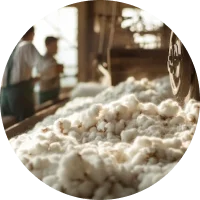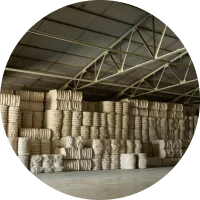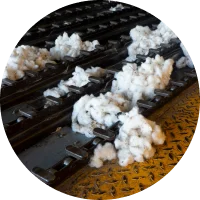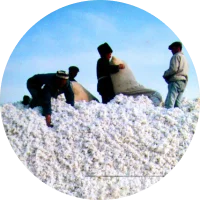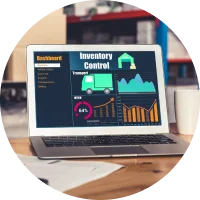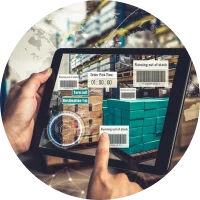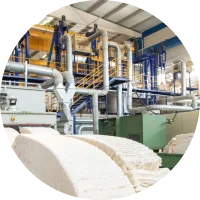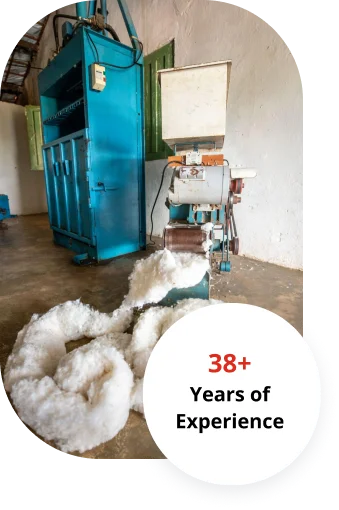
ERP software for the Cotton Ginning and Pressing Industry
The cotton ginning and pressing industry struggles with limited processing capacity, fluctuating raw material prices, and overdependence on government support schemes. Because of these elements as well as high labor and energy expenses, profitable operations depend on efficient operations.
Raw cotton, fresh from the fields, is delivered into the mill together with seeds, dust, and moisture to start the ginning process. Clean cotton is sorted and shaped into bales for storage and subsequent distribution by a sequence of mechanical processes that include air drying, seed removal with circular saws, and moisture control. To preserve quality and avoid losses, each stage demands careful monitoring and collaboration.
Businesses want a dependable system that not only monitors the movement of cotton but also combines procedures for procurement, inventory, processing, and finance in order to manage these complexities.ERP for the cotton and textile manufacturing industry can help with this.
ERP for ginning industry, created especially for cotton processors, automates, tracks lots, and provides process visibility at each step of the pressing and ginning cycle. Throughout is increased and manual dependency is reduced with features like production planning, intelligent stock tracking, and automated documentation. Decision-makers can maintain control even during months of high operation thanks to the software's flexible design, which adjusts to specific workflow requirements and provides real-time insights.
With 38 years of experience, Lighthouse ERP provides a customized system that satisfies the needs of contemporary cotton production, coordinating processes for improved management, increased productivity, and flexible development.


